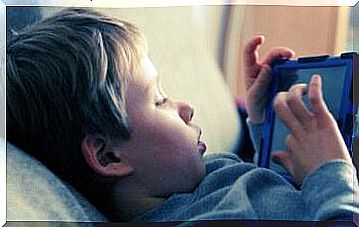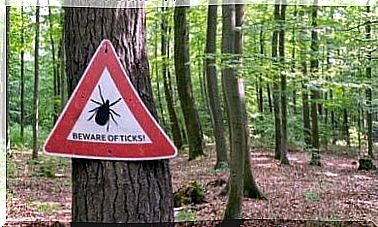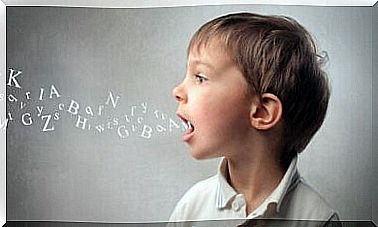Children Who Disturb Others A Lot: What To Do? – Being Parents
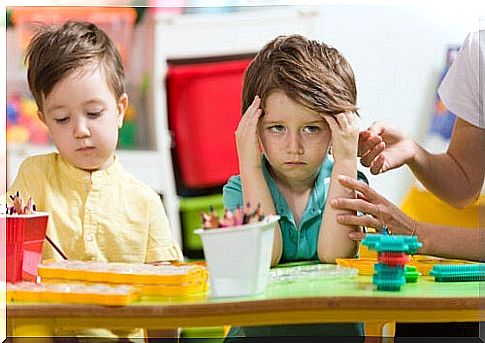
Childhood is characterized by freedom, energy and spontaneity. Children act according to their impulses and desires, without worrying too much about how their actions may affect others and that’s natural. However, if certain limits are exceeded, it can generate rejection in others and create problems in relationships. For this reason, it is important to know how to guide and set limits for children who greatly disturb others.
Childhood egocentrism is part of the development process. During the first years of life, the little ones are not able to put themselves in the shoes of the other or to see a perspective different from theirs. It can annoy others in entertainment activities or disrupt them if they need concentration. They don’t have bad intentions, they just explore the world and learn to build relationships, but it is important for adults to be vigilant when these manifestations occur.
How to deal with children who annoy others?

As we have mentioned, in principle, it is not worrying that a child has certain annoying or reckless behaviors. However, if we don’t help him develop empathy and adhere to certain social rules, he can become rude, hurtful, or aggressive. To prevent this from happening, we recommend that you implement the following educational tips:
Provide attention and stimulation
It’s not necessarily that children tend to tease others, but it’s that adults have unrealistic expectations of them. It depends on his age, but a young boy cannot be expected to sit still and silent for long periods of time. His inquisitive, restless mind needs attention and stimulation, and if he doesn’t get at least some of it, he’ll be likely to engage in inappropriate behaviors such as yelling, interrupting, or hitting.
Make sure you understand your toddler’s needs and meet them as much as possible. That way, he won’t need to be in the way to be seen.
Promote healthy self-esteem
Inadequate self-esteem can lead children to lash out at others, weaker, to build their own confidence. Attacking siblings or classmates is unacceptable behavior, but it is often motivated by the child’s emotional impairments. So boosting your child’s self-esteem will help them feel validated, valued and secure, and from there, they can build healthy and respectful relationships with others.
Foster empathy
As we have said, children, by their own maturing process, are not always able to naturally put themselves in the other’s shoes, since their perspective is the only one they take into account. However, adults can help them develop empathy.
If your child is hostile towards others, tell him how his behavior affects others, explain how he makes them feel, and encourage him to think about how he would feel for them. This simple awareness can help improve their behavior.
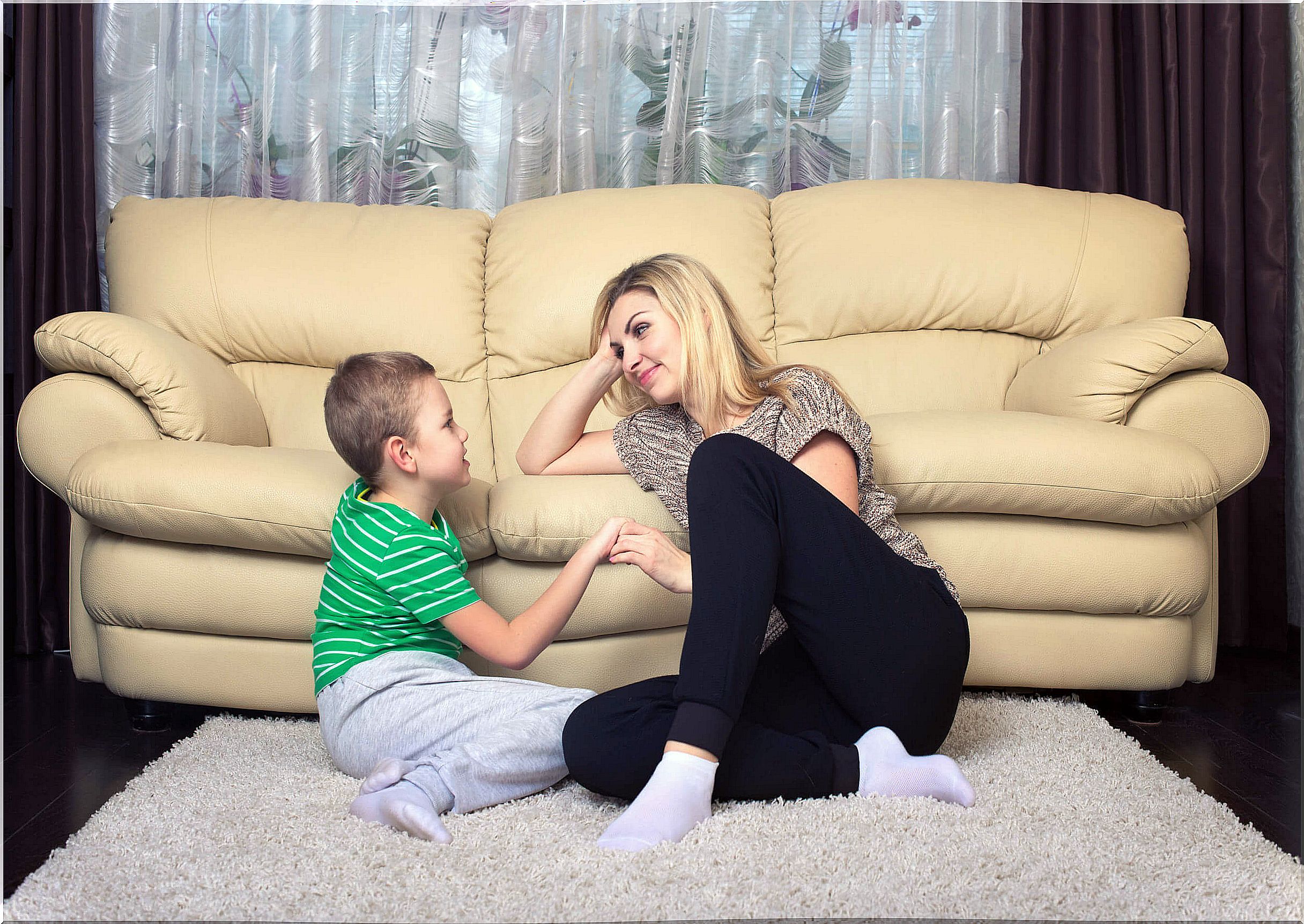
Develop social skills
Social skills are essential when interacting with other children as well as with adults. Basic good manners, such as how to make requests, negotiate or resolve conflicts, these skills when learned, help children to function easily and successfully in their interactions. Without them, young children are much more likely to resort to aggression and inappropriate behavior to achieve their goal.
Set limits
This can help keep children from disturbing others, but if they do, regardless, it is imperative to set limits. They should know that certain behaviors or comments are unacceptable and have consequences. Explaining the reasons and teaching them the rules will help them follow and understand them.
Children who tease others have social problems
Teaching children to behave properly is not just a matter of not disturbing others, attacking other children, or annoying adults. It is to provide them with a significant benefit for themselves.
As social beings, having harmonious and fulfilling relationships helps us to be healthier and happier, and a child who does not know how to behave will very quickly experience rejection from others. So teach your child to take others into account, to cooperate and to negotiate, and you will give him extremely valuable tools for life.



